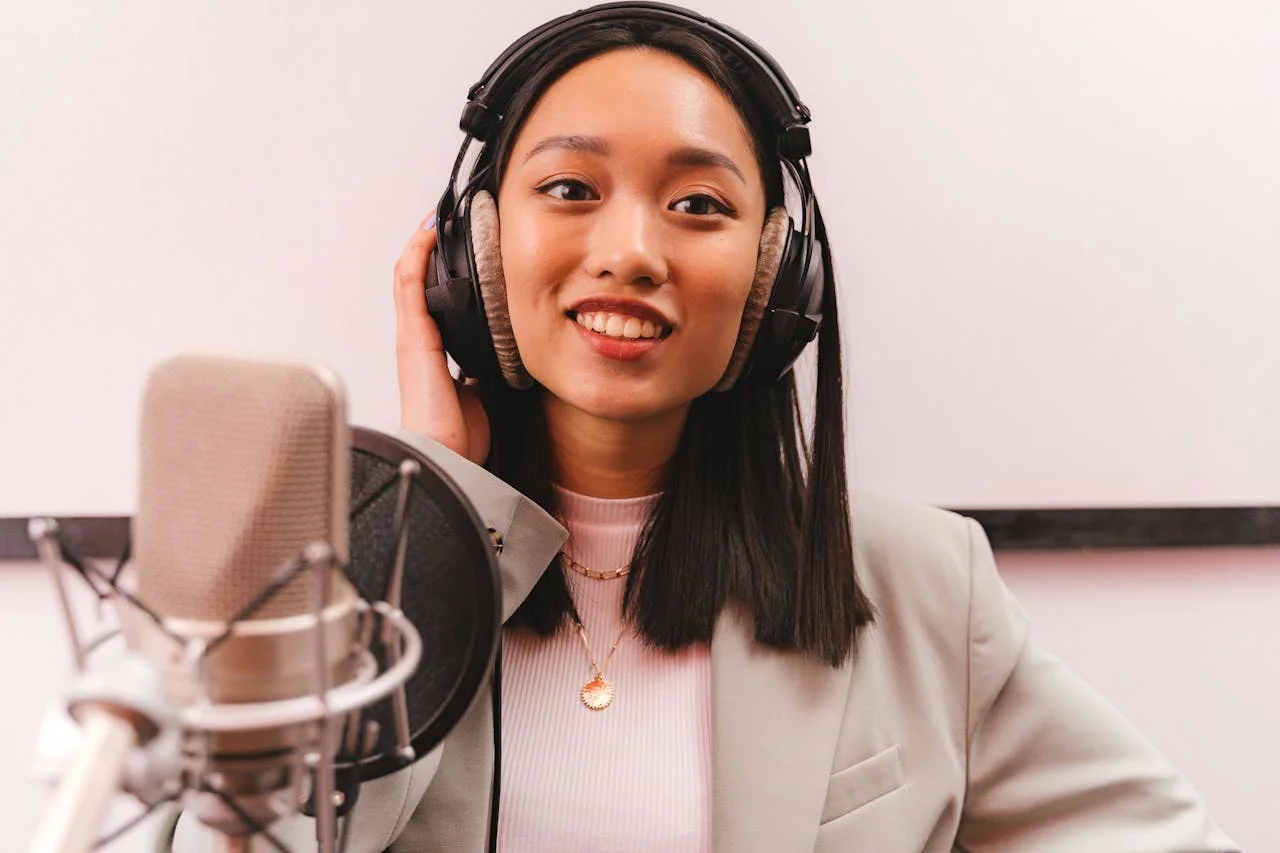
You’ve probably heard the starving artist stereotype a thousand times, but here’s the thing—you don’t have to choose between passion and profit. The music industry has evolved into a goldmine of opportunities that extend far beyond traditional gig life: teaching private lessons, producing beats for aspiring rappers, even renting out your gear to fellow musicians. While streaming royalties might barely cover your coffee habit, these creative ventures can actually pay the bills and then some.
Music Lessons and Private Instruction
While you might think teaching music is just for those stuffy conservatory professors with their leather elbow patches, the reality is that private music instruction represents one of the most accessible and immediately profitable ventures for working musicians.
You’re not just sharing knowledge—you’re building an empire, one student at a time. The numbers back this up: private instructors typically charge $30-80 per hour, and with just ten regular students, you’re looking at solid monthly income.
Here’s the beauty of it: you control your schedule, your rates, and your teaching style. Whether you’re teaching kids who can barely hold drumsticks or adults fulfilling lifelong dreams, you’re creating multiple revenue streams while honing your own skills through constant practice and explanation.
Recording Studio Services
Since you’ve already got the musical chops and an ear for sound, transforming that expertise into recording studio services feels like a natural evolution—even if your current “studio” is just a corner of your bedroom with some foam padding and a decent USB microphone.
You don’t need Abbey Road’s budget to start capturing other artists’ magic. Home studios generated $1.2 billion in revenue last year, proving there’s serious demand for accessible recording options.
- Start with podcast recording services — they’re less demanding than full music production and offer consistent income streams
- Offer mixing and mastering packages — many artists record themselves but lack post-production skills
- Create demo packages for local bands — affordable rates build your portfolio while establishing indispensable industry connections
You’ll control the creative process while building sustainable income.
Music Production for Other Artists
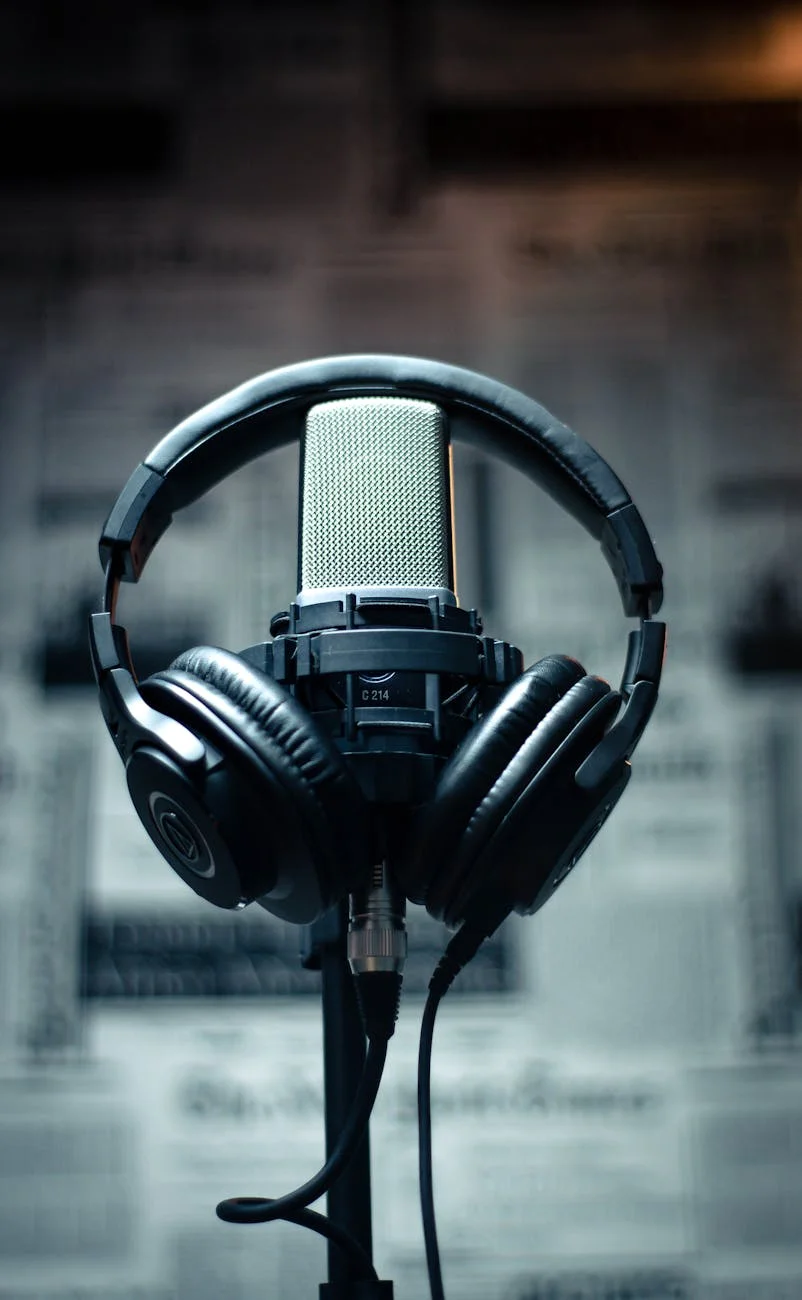
Beyond running your own recording sessions, you can leverage your musical knowledge to become the creative architect behind other artists’ songs—essentially becoming the person who transforms their raw ideas into polished, radio-ready tracks.
Music production is where you’ll wear multiple hats: arranger, sound engineer, creative director, and sometimes therapist when artists hit creative blocks. You’ll shape everything from chord progressions to vocal arrangements, choosing which instruments complement the artist’s vision while maintaining their authentic voice.
The beauty of this business lies in its scalability—you can start producing local indie bands in your home studio, then gradually work with larger acts as your reputation grows. Each project becomes a collaborative masterpiece that showcases both your technical skills and creative instincts.
Wedding and Event Performance Services
Music production keeps you behind the scenes crafting sonic landscapes, but sometimes you’ll crave the immediate energy exchange that only comes from live performance—and that’s where wedding and event services become your ticket to both steady income and those spine-tingling moments when a crowd sings along to your music.
Wedding gigs typically pay $500-$2,000 per event, and couples book months in advance, giving you predictable revenue streams. Corporate events, birthday parties, and anniversary celebrations expand your market beyond just weddings.
- Master versatility: Learn crowd-pleasers across genres—from classical ceremony pieces to dance floor anthems
- Invest in portable, professional equipment: Quality sound systems and backup gear prevent disasters
- Build relationships with wedding planners and venues: They’ll become your biggest referral sources, fundamentally marketing for you
Online Course Creation and Sales
While performing live gives you that immediate rush of connection, creating online courses lets you bottle up your musical knowledge and sell it repeatedly—turning those late-night practice sessions and hard-won techniques into passive income streams that work even when you’re sleeping.
You’ve already mastered skills others desperately want: chord progressions, recording techniques, or that tricky fingerpicking pattern you figured out after countless YouTube rabbit holes. Platforms like Udemy and Teachable make course creation surprisingly straightforward—record lessons on your phone, upload them, and watch sales roll in. Research shows music education courses generate average revenues of $3,000-$15,000 annually for creators who consistently market their content.
The beauty? You’re not trading time for money anymore; you’re building an asset that compounds, reaching students worldwide while you focus on your next musical project.
Licensing Music for Media and Advertising
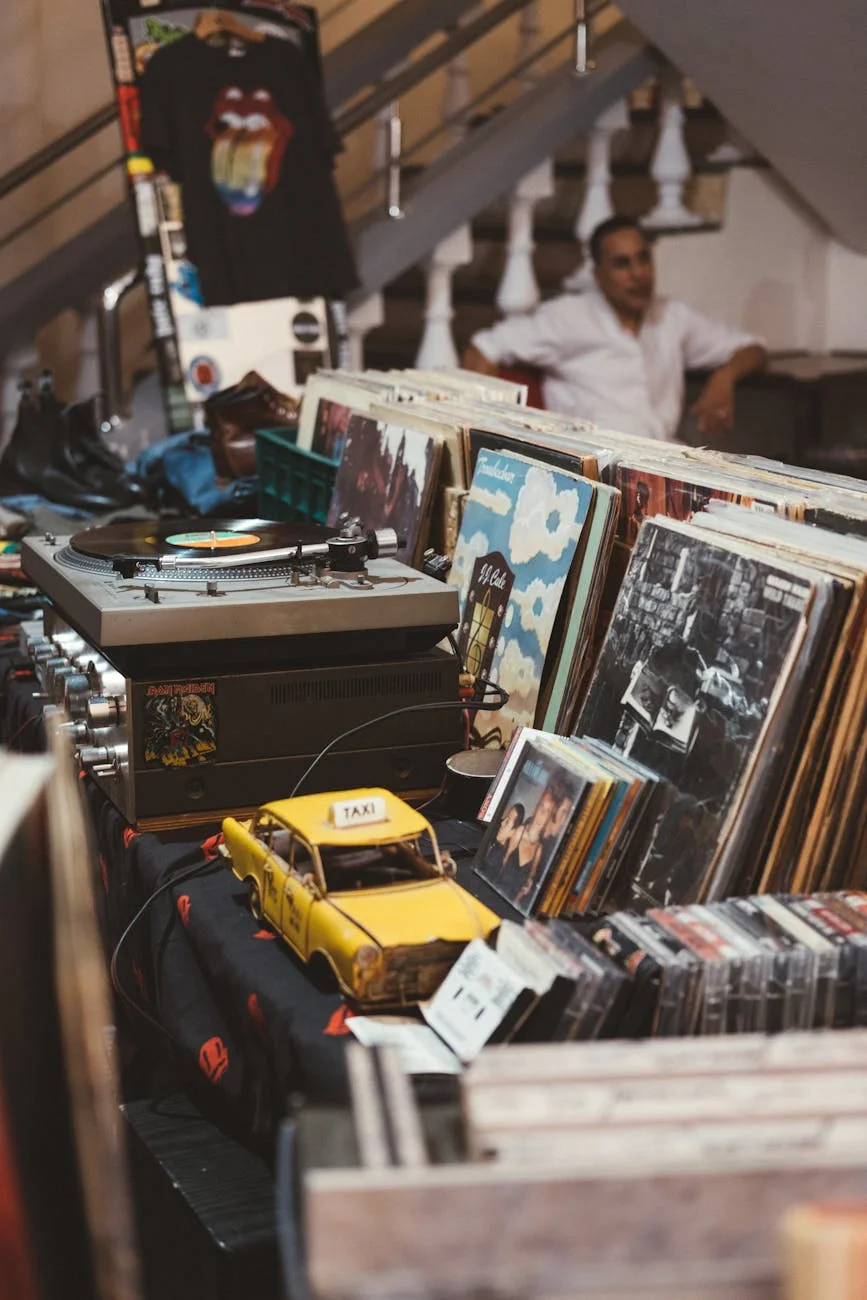
That instrumental track you composed last summer—the one collecting digital dust on your hard drive—could be earning royalties every time it plays behind a car commercial or wedding scene. Music licensing transforms your creative passion into passive income streams, letting you monetize compositions while you’re literally sleeping (or writing your next hit).
Here’s your licensing power move strategy:
- Target sync licensing agencies like Musicbed, Artlist, and AudioJungle—they’re hungry for fresh content and handle client relationships for you
- Create mood-specific playlists because advertisers search by emotion: “upbeat corporate,” “melancholy indie,” or “epic cinematic”
- Study successful sync placements in your genre—analyze what Apple uses versus what Netflix chooses
You’re not just selling music; you’re selling emotions that enhance visual storytelling, making your artistry indispensable to media creators worldwide.
Session Musician Services
Since freelance platforms transformed how creative professionals connect with clients, session musicians now compete globally for gigs that once required being in the right studio at the right time—but here’s the twist: your bedroom setup can rival Nashville’s finest if you’ve got the skills and know-how to market them effectively.
You’ll discover that session work—playing instruments or providing vocals for other artists’ recordings—offers consistent income streams through platforms like AirGigs, SoundBetter, and Fiverr Pro. Build your reputation by delivering pristine recordings with quick turnarounds; clients value reliability over rockstar egos.
Start with competitive rates around $50-150 per track, then raise prices as testimonials accumulate. Pro tip: specialize in specific genres or instruments—being the go-to jazz guitarist beats being another generic player.
Music Therapy and Wellness Programs
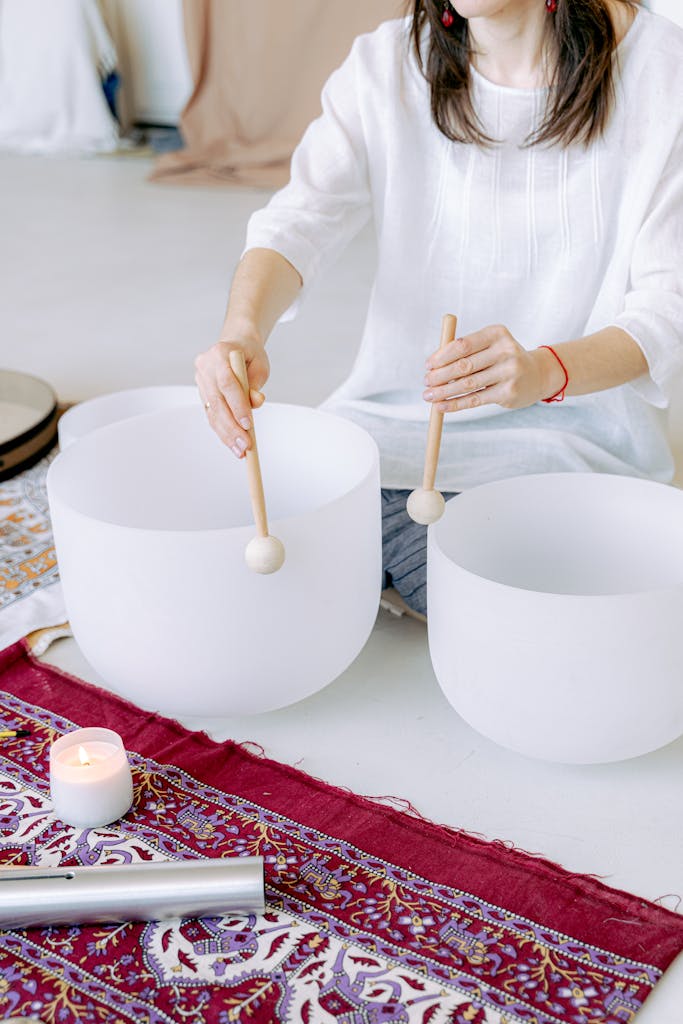
As healthcare systems increasingly recognize music’s profound impact on mental and physical wellbeing, you’re positioned to tap into a $4.2 billion wellness industry that’s hungry for evidence-based therapeutic approaches—and honestly, this might be the most rewarding pivot you’ll ever make from traditional performance gigs.
- Target corporate wellness programs where stress-reduction workshops can command $150-300 per session, especially since companies spend $13.6 billion annually on employee wellness initiatives.
- Partner with healthcare facilities offering music therapy for pain management, dementia care, or rehabilitation—these partnerships often lead to consistent monthly contracts worth $2,000-5,000.
- Develop specialized programs for autism support, addiction recovery, or PTSD treatment, where your musical expertise becomes a powerful healing tool that insurance increasingly covers.
Instrument Repair and Maintenance
While every musician knows the heartbreak of a sticky valve or a bridge that’s decided to take an unscheduled vacation from their violin, most don’t realize they’re sitting on a goldmine opportunity—because the instrument repair industry generates over $1.2 billion annually, and frankly, there aren’t nearly enough skilled technicians to meet demand.
You’ve already got the musical knowledge that separates you from random repair shops: you understand how instruments should sound, feel, and respond. Learning specialized skills like pad replacement, fret work, or brass instrument valve alignment isn’t rocket science—it’s methodical craftsmanship that builds on your existing foundation.
Start small with basic setups and cleaning services, then expand into complex repairs as your confidence grows. Your fellow musicians will trust you because you speak their language.
YouTube Channel and Content Creation
Before you roll your eyes and mutter “another oversaturated platform,” consider this: YouTube pays out over $15 billion annually to creators, and music education channels consistently rank among the highest-earning niches—because people will always need to learn instruments, understand theory, and connect with music on a deeper level.
You’re already creating music; now you’ll monetize your expertise while building a loyal audience that hangs on your every chord progression.
Here’s your content arsenal:
- Tutorial series targeting specific skills—like “Jazz Piano for Beginners” or “Songwriting Secrets”—that solve real problems people search for daily
- Behind-the-scenes content showing your creative process, studio sessions, and honest struggles that humanize your brand
- Collaboration videos with other musicians, expanding your reach while creating engaging content that benefits everyone involved
Podcast Production and Audio Services
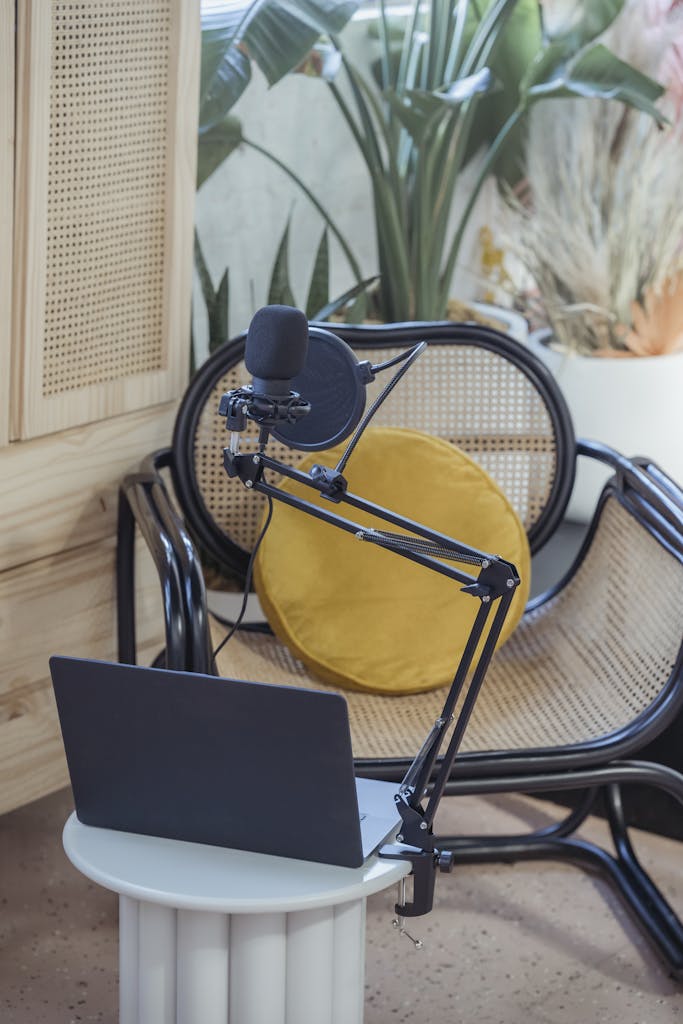
Your video production skills naturally extend into audio territory, where the booming podcast industry—now worth over $18 billion according to recent market research—desperately needs musicians who understand both technical production and creative storytelling.
You’ll leverage your ear for sound design, mixing, and mastering to help entrepreneurs, coaches, and content creators who sound like they’re recording in bathroom stalls—trust me, we’ve all been there with our first home recordings. Offer all-encompassing packages: recording setup consultation, audio editing, intro/outro music composition, and ongoing production management.
Most podcasters lack your technical expertise and will gladly pay $50-200 per episode for professional polish. You’re not just editing audio; you’re crafting sonic experiences that keep listeners engaged and coming back for more.
Music Transcription and Arrangement Services
Musicians constantly underestimate their most valuable skill—the ability to hear complex musical arrangements and translate them into readable notation or adaptable formats for other instruments. You’re sitting on a goldmine if you can transcribe that killer guitar solo everyone’s trying to learn, or arrange a pop song for string quartet. Professional transcription services charge $30-100 per song, while arrangements command even higher rates.
Your earning potential includes:
- Wedding and event arrangements — transforming popular songs into formats for live bands or classical ensembles
- Educational transcriptions — creating simplified versions of complex pieces for music students and teachers
- Commercial licensing work — providing sheet music for sync licensing, cover bands, and music publishers
You’ve got the ears; now monetize them.
Beat Making and Sample Library Sales
While everyone’s arguing about whether AI will replace human creativity, smart producers are already cashing in on the endless demand for original beats and samples—because here’s the thing: content creators, indie artists, and social media influencers need fresh audio content daily, and they’re willing to pay for it.
You don’t need Grammy-level production skills to start selling beats on platforms like BeatStars or Airbit. I’ve seen bedroom producers making $2,000+ monthly selling $25 trap beats to rappers who can’t afford studio time.
Create sample packs—those collections of drum hits, melodies, and sound effects—and sell them on Splice or Loopmasters. Focus on trending genres: drill, phonk, or whatever’s blowing up TikTok this week. The beauty? You create once, sell infinitely.
Live Streaming and Virtual Concert Hosting
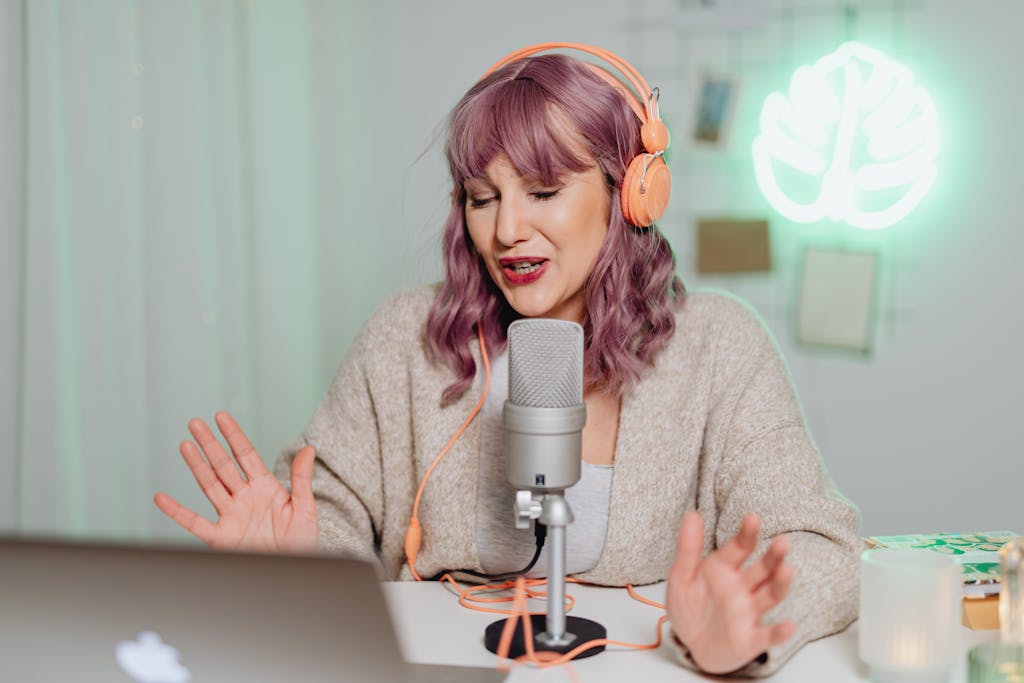
From selling beats in your bedroom, let’s talk about performing them—because live streaming has exploded from “that thing gamers do” to a legitimate concert venue where musicians are pulling in thousands of viewers and real money. You’re not just broadcasting; you’re building an empire one stream at a time.
- Multi-platform domination: Stream simultaneously on Twitch, YouTube Live, and Instagram—because why limit your audience when technology lets you conquer all territories at once?
- Interactive monetization: Enable donations, merchandise sales during performances, and exclusive subscriber perks that turn casual viewers into paying fans who’ll support your musical journey.
- Virtual venue creation: Design themed concerts with lighting, costumes, and storytelling that transform your living room into Madison Square Garden—minus the overhead costs.
Music Equipment Rental Business
After building your streaming empire, let’s pivot to something that requires zero performance anxiety but potentially massive profit margins: turning the expensive gear collecting dust in your closet into a rental goldmine. You’ve already made the investments—that $2,000 interface, those studio monitors, the mics you impulse-bought during GAS attacks (Gear Acquisition Syndrome, for the uninitiated). Now monetize them.
Weekend warriors, podcasters, and bedroom producers constantly need quality equipment but can’t justify ownership costs. Research shows the music equipment rental market grows 8% annually, driven by project-based creators seeking professional results without permanent commitments. Start locally: Facebook groups, Craigslist, even bulletin boards at music stores. Price competitively—typically 10-15% of retail value per day. You’re not just renting gear; you’re democratizing music creation while building passive income streams.
Conclusion
You’ve got incredible skills that extend far beyond the stage—whether you’re teaching that kid down the street how to nail barre chords, producing beats in your bedroom studio, or live-streaming concerts to fans worldwide. The music industry’s evolved into this amazing ecosystem where creativity meets entrepreneurship, and honestly, you’re already equipped with everything you need. Pick one idea that excites you most, start small, and watch your passion transform into profit.





Leave a Reply